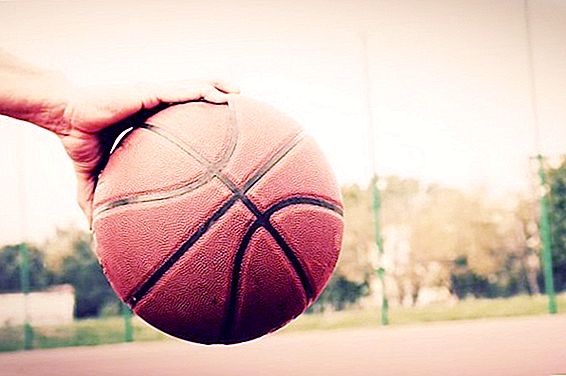Sensory is one of the socionic functions included in the structure of a sociotype. For the first time, Carl Gustav Jung described sensory as a socionic function. In "socionics" a sensor is called such a person, in the socionic type of which sensory is the leading, strong side.

Translated from Latin, "sensory" means "perception." Perception is through the senses. In psychology and physiology, “sensory” means “given in sensations”. We receive sensations through sight, hearing, sense of smell, sense of balance, touch, sensitivity from muscles, skin and internal organs, etc.
Sensory is one of four socionic functions. Along with intuition, it is an irrational function. In the typology of K.G. Jung’s sensory is called sensation.
A distinctive feature of sensorics is that interaction with the world from the standpoint of this function is built in the material plane. A person of a sensory type is focused on everything that is associated with sensations that get through the senses, as well as physical actions.
The sensory world is the world of specific objects directly perceived with the help of the senses and amenable to motor-motor effects (the body of the person, along with the objects of the surrounding world, is among these objects).
A sensor is a person of matter and everything that is connected with it directly or indirectly.
Characteristic features of sensors:
- Sensors cannot talk for a long time, think about something, sort through their states, hang in them, be in limbo.
- A sensor is a person of action as much as a person of sensation.
- If the sensoric does not see a concrete practical outcome of his activity, he quickly loses interest in it.
- Sensors, as a rule, are well oriented in space, rarely lose direction.
If a sensory has to act in the world of ideas (for example, to plan his actions, set goals and choose ways to achieve them, to understand his feelings or the feelings of other people), then the lack of material is compensated for by perseverance, determination, specificity in setting goals, clarity in understanding his current desires, a vision of what practical effect his actions will have.
Sensors in socionics, like any other socionic function, can be introverted (white) and extroverted (black).
Introverted sensory is the sensory of internal bodily sensations. Sensory types in socionics include Dumas, Gaben, Stirlitz, Hugo.
Extraverted sensory is the sensory of action, physical movement, active expansive development of the environment. Black-sensory types in socionics include Zhukov, Maxim Gorky, Dreiser, Napoleon.
